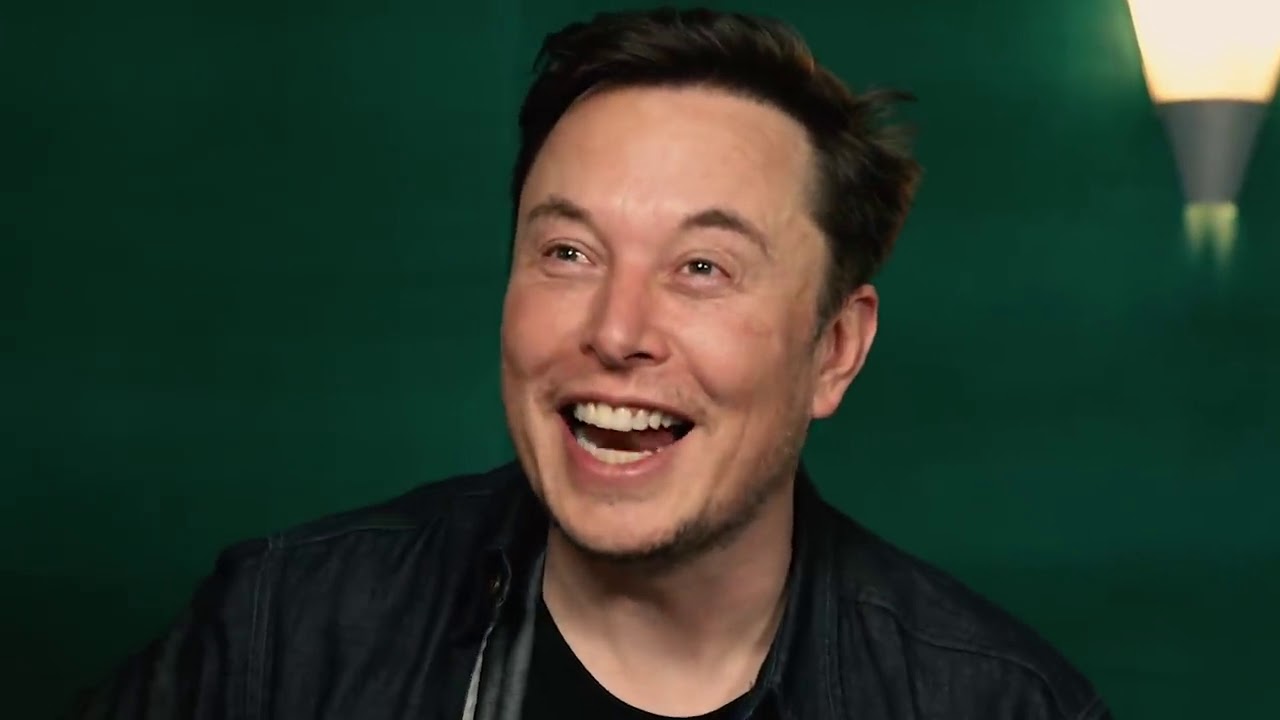
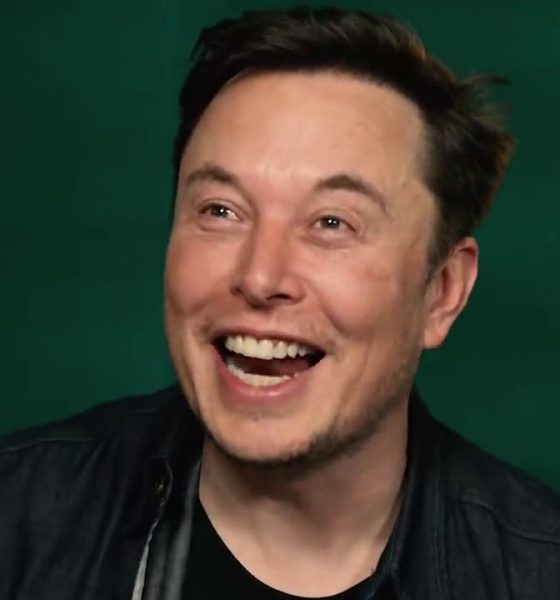
News
The White House finally admits they need Tesla and Elon Musk’s help
Last month, Tesla CEO Elon Musk met with Senior White House officials John Podesta and Mitch Landrieu to discuss the potential of expanding the automaker’s industry-leading charging network to include non-Tesla electric vehicles. The White House finally admitted they couldn’t push sustainability forward at the rate they’d like without Tesla and Musk.
Since the Biden Administration took over the White House, they have been slow to recognize the progress that both Tesla and Musk have contributed to the EV industry. Love him or hate him, Musk is a pioneer when it comes to passenger transportation. If it was not for him and Tesla, it is more than likely that EVs would not be as popular or relevant as they are today.
The details of the White House meeting between Musk, Podesta, and Landrieu remained under wraps until The Washington Post spoke to two people with knowledge of it. The sources explained that Tesla was open to potentially working with the Biden Administration on relinquishing exclusive access to its charging network and instead expanding it to include other EV manufacturers, whether they are legacy companies or startups.
Even still, Tesla did not completely commit to the idea. As I discussed yesterday, the Tesla Supercharger Network is one of the biggest (and, in my opinion, the biggest) advantages the company has. Everyone already knows that Tesla has a wide lineup of vehicles, it now has a commercial truck with the Semi, and it also is working toward launching the Cybertruck, its first pickup.
The 43,000+ Superchargers in the world, with many of them in the United States, offer reliability, consistency, and an excellent footprint that sprawls from high-traffic highways to even rural America. Many are situated near convenience stores, hotels, and other sources of entertainment.
But while Tesla has been building out its expansive network of charging piles, increasing manufacturing capacity, and disrupting the entire automotive sector, it has not won the recognition of the Commander in Chief. Instead, Biden has focused on other companies, like General Motors, and we all know the infamous “You did it, Mary” quote. Nothing against GM, they are making strides in their own right, but it is just plain unfair not to give Tesla and Musk the recognition they so much deserve.
The White House has put billions in government funding aside to help spur the use of sustainability. EVs are one of the biggest contributors to this effort, as most people will end up in a vehicle of some kind throughout their day. However, the White House has not loved mentioning Musk or Tesla by name specifically, and Musk has noticed. So have his biggest supporters.
Tesla’s absence from White House EV event sidestepped in Pete Buttigieg interview
But the Biden White House is reaching a breaking point. With Tesla contributing so much to the EV infrastructure and its goals of establishing 500,000 new EV charging stations in the U.S. market, it is time to swallow the pride that the administration has shown and just ask Tesla if they’d consider it. It finally happened, and the ball now lies in Tesla’s court.
Numerous things have happened that point in the direction of Tesla potentially opening the Supercharger Network to competitors. First, Tesla has been testing the idea through a Pilot Program in Europe. It is open in fifteen countries, the most recent being Italy, which Tesla added in November. It also recently expanded to Australia.
Next, the White House said last year that Tesla would “begin production of new Supercharger equipment that will enable non-Tesla EV drivers in North America to use Tesla Superchargers.”
Finally, Tesla leaked details on what it calls “the Magic Dock” earlier this year in its smartphone app. This showed a potential CCS-compatible connector being added to Supercharger piles, enabling other EVs to charge.
It is a big decision because there is a slice of $7.5 billion at stake here, which Tesla could utilize for its own charging capabilities. To qualify for it, however, the company has to enable other EVs to charge at its Superchargers.
I’d love to hear from you! If you have any comments, concerns, or questions, please email me at joey@teslarati.com. You can also reach me on Twitter @KlenderJoey, or if you have news tips, you can email us at tips@teslarati.com.

Elon Musk
Tesla announces crazy new Full Self-Driving milestone
The number of miles traveled has contextual significance for two reasons: one being the milestone itself, and another being Tesla’s continuing progress toward 10 billion miles of training data to achieve what CEO Elon Musk says will be the threshold needed to achieve unsupervised self-driving.
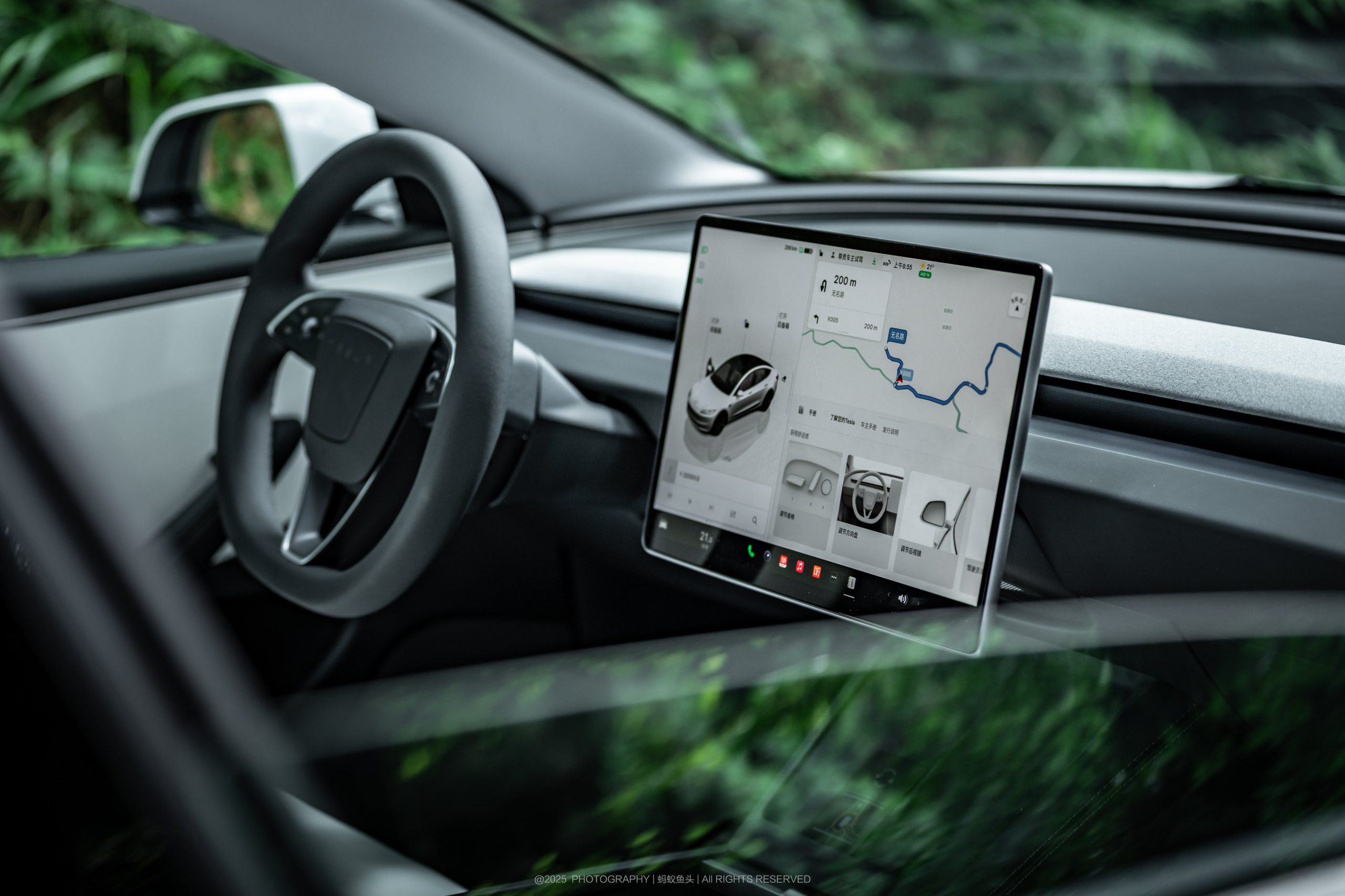
Tesla has announced a crazy new Full Self-Driving milestone, as it has officially confirmed drivers have surpassed over 8 billion miles traveled using the Full Self-Driving (Supervised) suite for semi-autonomous travel.
The FSD (Supervised) suite is one of the most robust on the market, and is among the safest from a data perspective available to the public.
On Wednesday, Tesla confirmed in a post on X that it has officially surpassed the 8 billion-mile mark, just a few months after reaching 7 billion cumulative miles, which was announced on December 27, 2025.
Tesla owners have now driven >8 billion miles on FSD Supervisedhttps://t.co/0d66ihRQTa pic.twitter.com/TXz9DqOQ8q
— Tesla (@Tesla) February 18, 2026
The number of miles traveled has contextual significance for two reasons: one being the milestone itself, and another being Tesla’s continuing progress toward 10 billion miles of training data to achieve what CEO Elon Musk says will be the threshold needed to achieve unsupervised self-driving.
The milestone itself is significant, especially considering Tesla has continued to gain valuable data from every mile traveled. However, the pace at which it is gathering these miles is getting faster.
Secondly, in January, Musk said the company would need “roughly 10 billion miles of training data” to achieve safe and unsupervised self-driving. “Reality has a super long tail of complexity,” Musk said.
Training data primarily means the fleet’s accumulated real-world miles that Tesla uses to train and improve its end-to-end AI models. This data captures the “long tail” — extremely rare, complex, or unpredictable situations that simulations alone cannot fully replicate at scale.
This is not the same as the total miles driven on Full Self-Driving, which is the 8 billion miles milestone that is being celebrated here.
The FSD-supervised miles contribute heavily to the training data, but the 10 billion figure is an estimate of the cumulative real-world exposure needed overall to push the system to human-level reliability.
News
Tesla Cybercab production begins: The end of car ownership as we know it?
While this could unlock unprecedented mobility abundance — cheaper rides, reduced congestion, freed-up urban space, and massive environmental gains — it risks massive job displacement in ride-hailing, taxi services, and related sectors, forcing society to confront whether the benefits of AI-driven autonomy will outweigh the human costs.
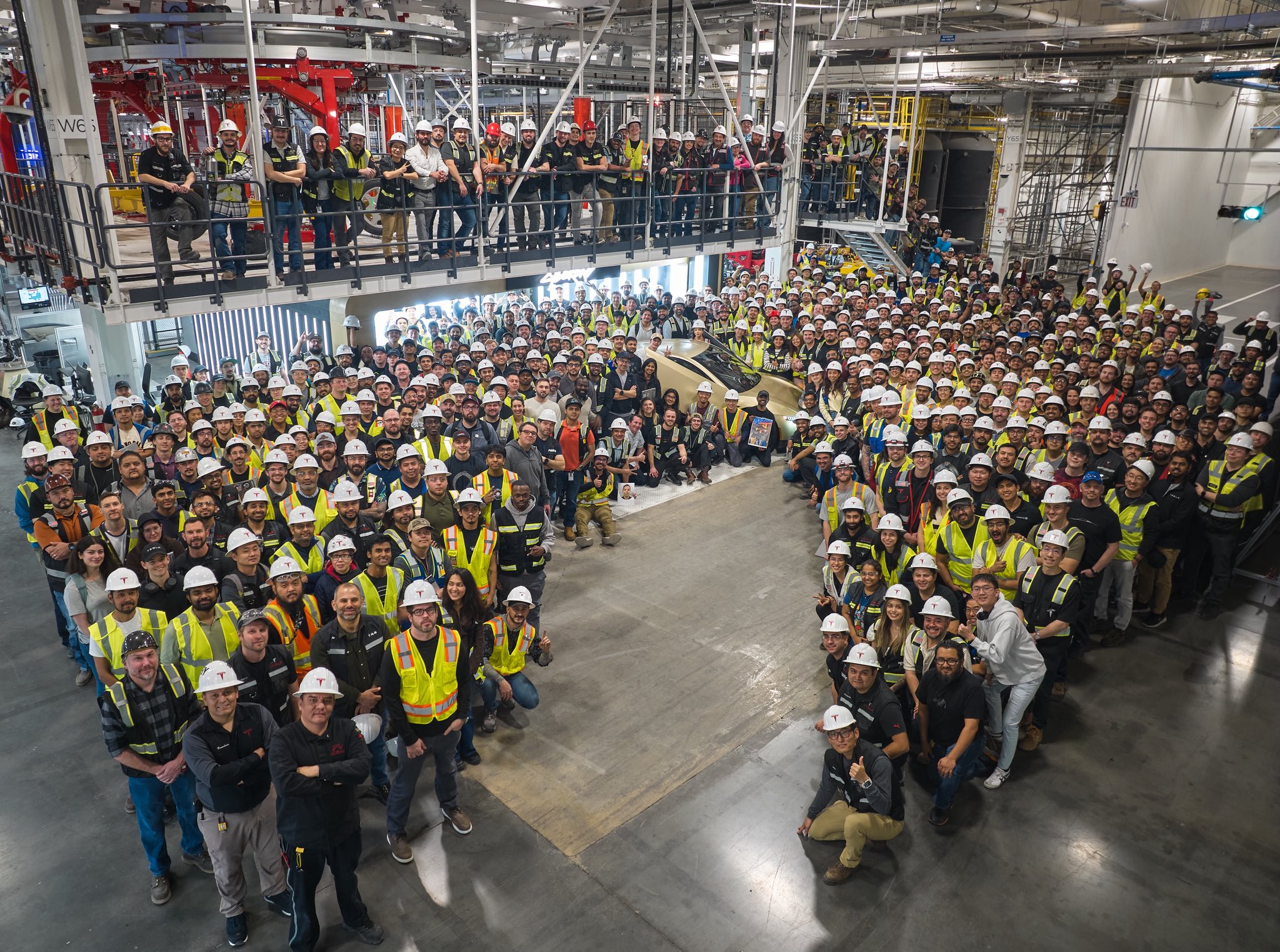
The first Tesla Cybercab rolled off of production lines at Gigafactory Texas yesterday, and it is more than just a simple manufacturing milestone for the company — it’s the opening salvo in a profound economic transformation.
Priced at under $30,000 with volume production slated for April, the steering-wheel-free, pedal-less Robotaxi-geared vehicle promises to make personal car ownership optional for many, slashing transportation costs to as little as $0.20 per mile through shared fleets and high utilization.
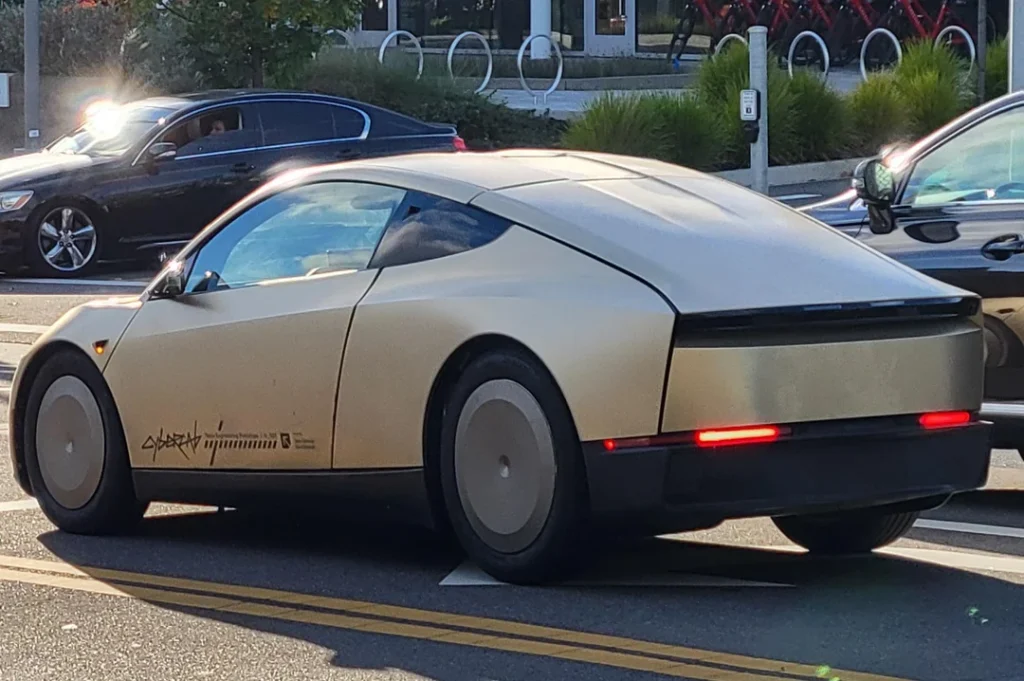
Credit: wudapig/Reddit< /a>
While this could unlock unprecedented mobility abundance — cheaper rides, reduced congestion, freed-up urban space, and massive environmental gains — it risks massive job displacement in ride-hailing, taxi services, and related sectors, forcing society to confront whether the benefits of AI-driven autonomy will outweigh the human costs.
Let’s examine the positives and negatives of what the Cybercab could mean for passenger transportation and vehicle ownership as we know it.
The Promise – A Radical Shift in Transportation Economics
Tesla has geared every portion of the Cybercab to be cheaper and more efficient. Even its design — a compact, two-seater, optimized for fleets and ride-sharing, the development of inductive charging, around 300 miles of range on a small battery, half the parts of the Model 3, and revolutionary “unboxed” manufacturing — is all geared toward rapid production.
Operating at a fraction of what today’s rideshare prices are, the Cybercab enables on-demand autonomy for a variety of people in a variety of situations.
Tesla ups Robotaxi fare price to another comical figure with service area expansion
It could also be the way people escape expensive and risky car ownership. Buying a vehicle requires expensive monthly commitments, including insurance and a payment if financed. It also immediately depreciates.
However, Cybercab could unlock potential profitability for owning a car by adding it to the Robotaxi network, enabling passive income. Cities could have parking lots repurposed into parks or housing, and emissions would drop as shared electric vehicles would outnumber gas cars (in time).
The first step of Tesla’s massive production efforts for the Cybercab could lead to millions of units annually, turning transportation into a utility like electricity — always available, cheap, and safe.
The Dark Side – Job Losses and Industry Upheaval
With Robotaxi and Cybercab, they present the same negatives as broadening AI — there’s a direct threat to the economy.
Uber, Lyft, and traditional taxis will rely on human drivers. Robotaxi will eliminate that labor cost, potentially displacing millions of jobs globally. In the U.S. alone, ride-hailing accounts for billions of miles of travel each year.
There are also potential ripple effects, as suppliers, mechanics, insurance adjusters, and even public transit could see reduced demand as shared autonomy grows. Past automation waves show job creation lags behind destruction, especially for lower-skilled workers.
Gig workers, like those who are seeking flexible income, face the brunt of this. Displaced drivers may struggle to retrain amid broader AI job shifts, as 2025 estimates bring between 50,000 and 300,000 layoffs tied to artificial intelligence.
It could also bring major changes to the overall competitive landscape. While Waymo and Uber have partnered, Tesla’s scale and lower costs could trigger a price war, squeezing incumbents and accelerating consolidation.
Balancing Act – Who Wins and Who Loses
There are two sides to this story, as there are with every other one.
The winners are consumers, Tesla investors, cities, and the environment. Consumers will see lower costs and safer mobility, while potentially alleviating themselves of awkward small talk in ride-sharing applications, a bigger complaint than one might think.
Elon Musk confirms Tesla Cybercab pricing and consumer release date
Tesla investors will be obvious winners, as the launch of self-driving rideshare programs on the company’s behalf will likely swell the company’s valuation and increase its share price.
Cities will have less traffic and parking needs, giving more room for housing or retail needs. Meanwhile, the environment will benefit from fewer tailpipes and more efficient fleets.
A Call for Thoughtful Transition
The Cybercab’s production debut forces us to weigh innovation against equity.
If Tesla delivers on its timeline and autonomy proves reliable, it could herald an era of abundant, affordable mobility that redefines urban life. But without proactive policies — retraining, safety nets, phased deployment — this revolution risks widening inequality and leaving millions behind.
Elon on the MKBHD bet, stating “Yes” to the question of whether Tesla would sell a Cybercab for $30k or less to a customer before 2027 https://t.co/sfTwSDXLUN
— TESLARATI (@Teslarati) February 17, 2026
The real question isn’t whether the Cybercab will disrupt — it’s already starting — it’s whether society is prepared for the economic earthquake it unleashes.
News
Tesla Model 3 wins Edmunds’ Best EV of 2026 award
The publication rated the Model 3 at an 8.1 out of 10, and with its most recent upgrades and changes, Edmunds says, “This is the best Model 3 yet.”
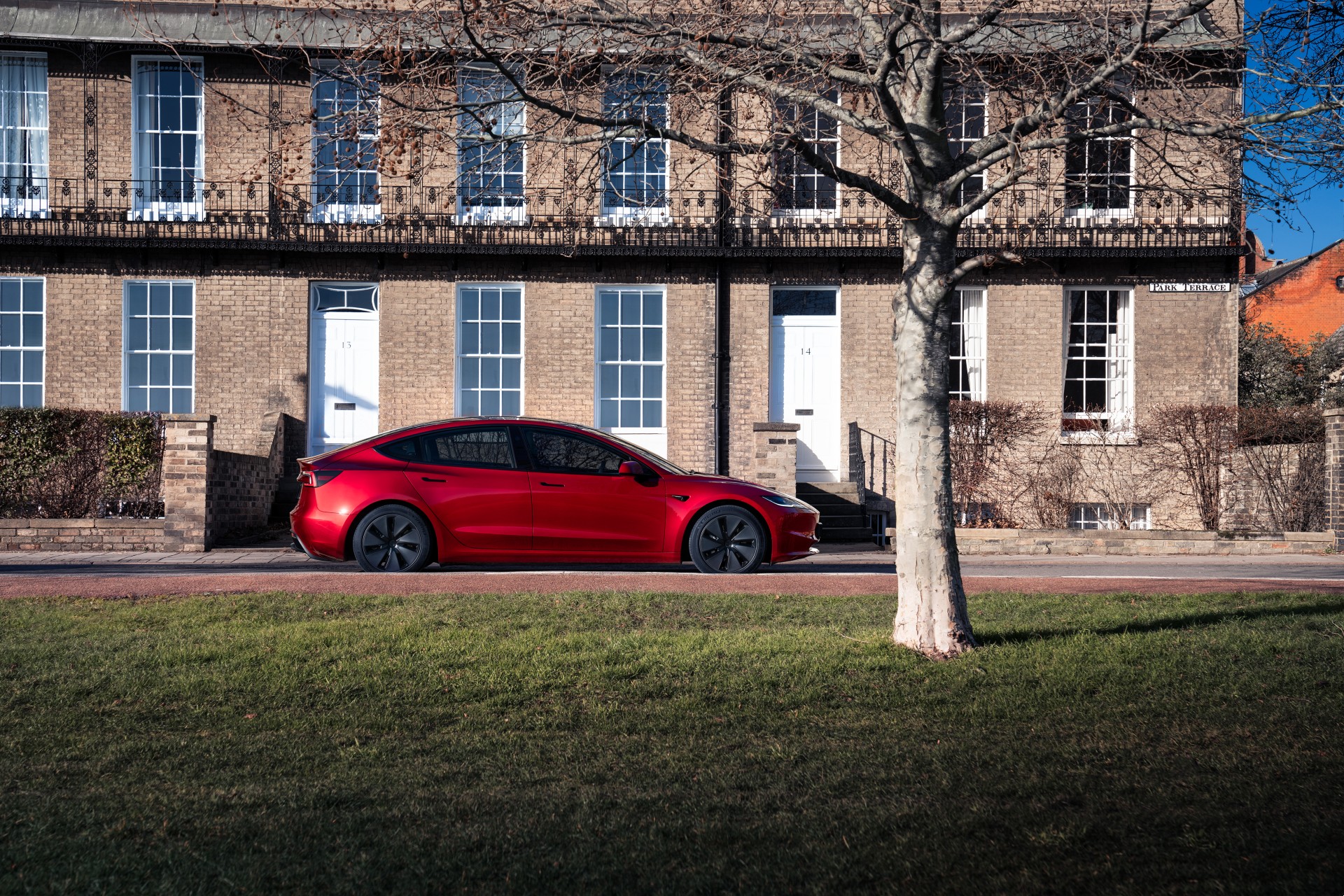
The Tesla Model 3 has won Edmunds‘ Top Rated Electric Car of 2026 award, beating out several other highly-rated and exceptional EV offerings from various manufacturers.
This is the second consecutive year the Model 3 beat out other cars like the Model Y, Audi A6 Sportback E-tron, and the BMW i5.
The car, which is Tesla’s second-best-selling vehicle behind the popular Model Y crossover, has been in the company’s lineup for nearly a decade. It offers essentially everything consumers could want from an EV, including range, a quality interior, performance, and Tesla’s Full Self-Driving suite, which is one of the best in the world.
The Tesla Model 3 has won Edmunds Top EV of 2026:
“The Tesla Model 3 might be the best value electric car you can buy, combining an Edmunds Rating of 8.1 out of 10, a starting price of $43,880, and an Edmunds-tested range of 338 miles. This is the best Model 3 yet. It is… pic.twitter.com/ARFh24nnDX
— TESLARATI (@Teslarati) February 18, 2026
The publication rated the Model 3 at an 8.1 out of 10, and with its most recent upgrades and changes, Edmunds says, “This is the best Model 3 yet.”
In its Top Rated EVs piece on its website, it said about the Model 3:
“The Tesla Model 3 might be the best value electric car you can buy, combining an Edmunds Rating of 8.1 out of 10, a starting price of $43,880, and an Edmunds-tested range of 338 miles. This is the best Model 3 yet. It is impressively well-rounded thanks to improved build quality, ride comfort, and a compelling combination of efficiency, performance, and value.”
Additionally, Jonathan Elfalan, Edmunds’ Director of Vehicle Testing, said:
“The Model 3 offers just about the perfect combination of everything — speed, range, comfort, space, tech, accessibility, and convenience. It’s a no-brainer if you want a sensible EV.”
The Model 3 is the perfect balance of performance and practicality. With the numerous advantages that an EV offers, the Model 3 also comes in at an affordable $36,990 for its Rear-Wheel Drive trim level.







